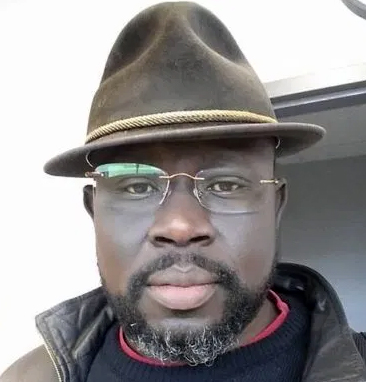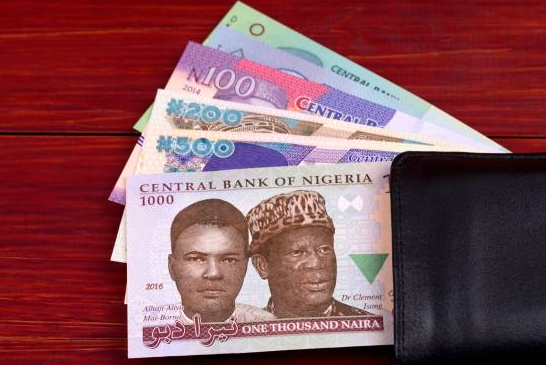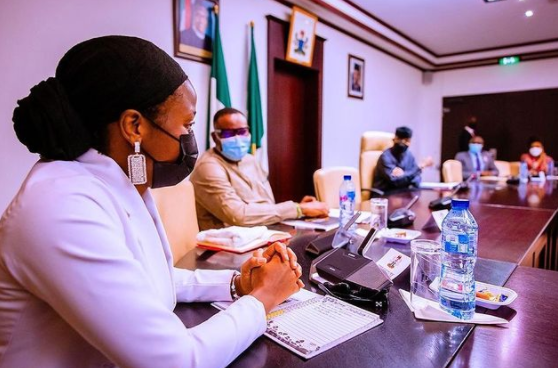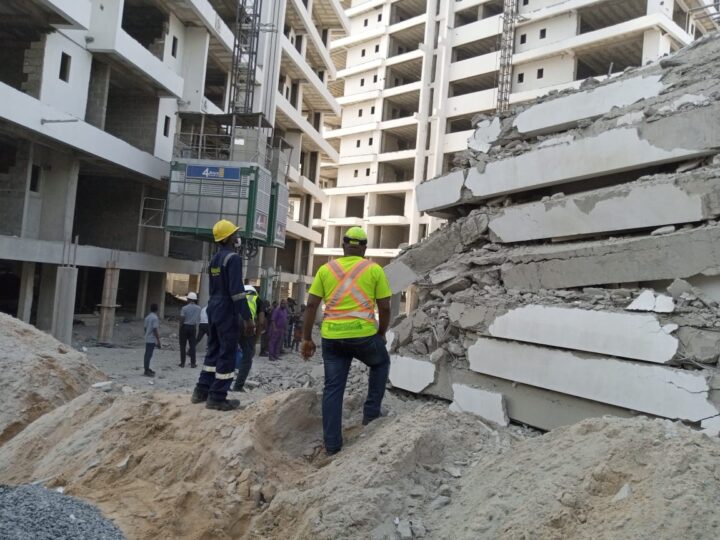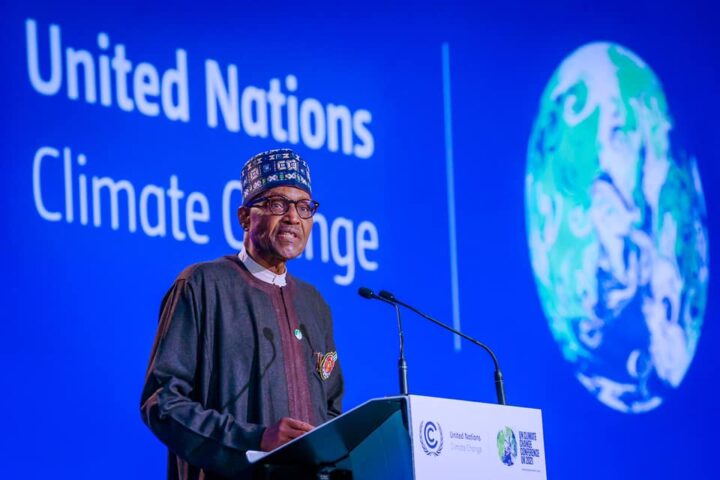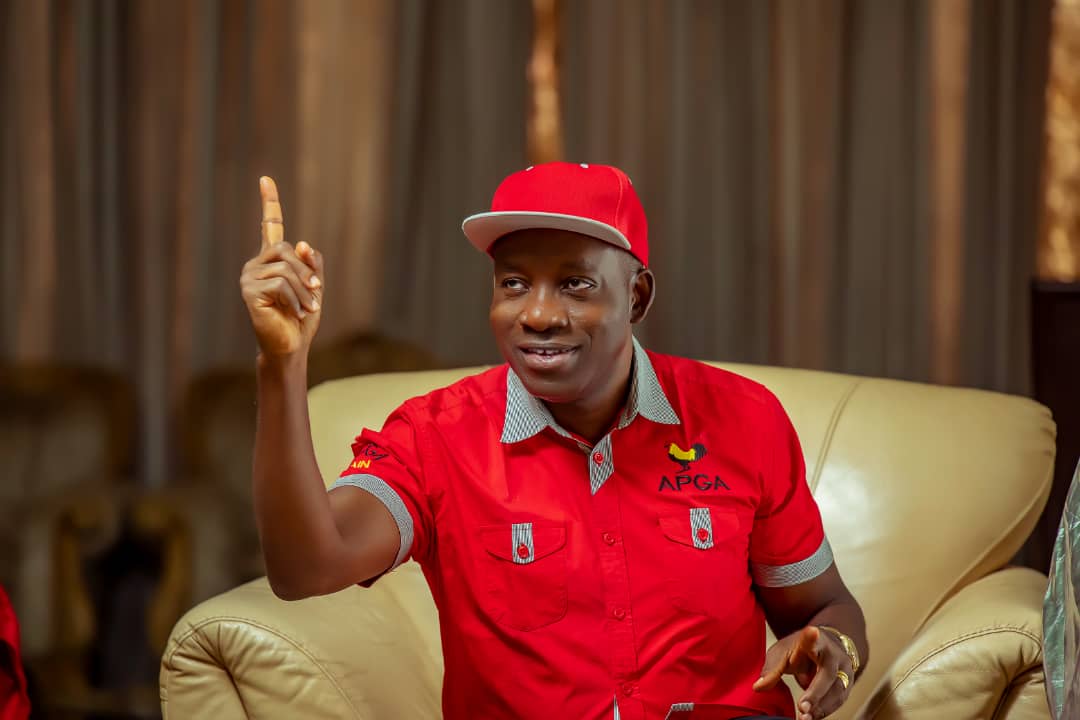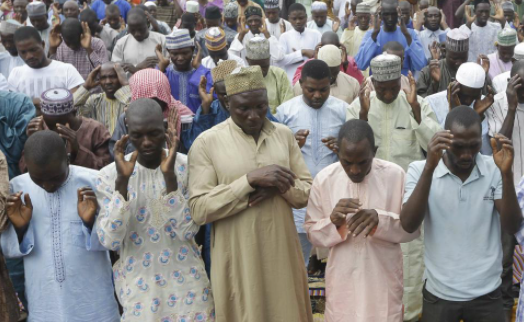I was a rudy little boy when it first occurred to me that my father was not alone. Pa Mark Balogun Asaju was the first surviving son of his own mother. But he had two other brothers and an exquisitely beautiful sister. My aunt was married and living in the village too and I had a good relationship with my nephew and nieces. However, my other uncle lived in aworo, a Yagba word for anywhere beyond easy reach. He seldom comes home, but whenever he came, he came on a motorcycle. This was the era in which a bicycle was the hallmark of village wealth. My father could not afford one and so, whenever the need arrives, he would borrow one from any of his cousins. We were a large communal family that looked out for each other.
My other uncle’s children would come with their father. Looking back now, I wonder how they made these journeys on a motorcycle, but let them describe it for themselves. Today’s story is just to show how wicked their father was.
I remember trundling along in my locally sewn kijipa (woven calico material) pant with its drawing rope. I did not know shame, so I’ll walk across the length and breadth of my home town, Okeagi – OK-City in those pants! It took a long time for me to know that the house we stayed in did not even belong to us, it was, to use a modern word – leased for free! Such village generosity.
So, when my uncle came home, I’d try to fraternize with my nephew and nieces. It used to be a difficult thing because I spoke Yagba and they mostly spoke Yoruba. Forget what the politically correct would say today, the two languages are poles apart and very often our conversations would bounce off on each other as we laughed at each other’s incomprehensibility.
Advertisement
My local friends would expect me to share something with them that my Uncle had brought from aworo, but it would be impossible because they brought nothing. Or I would think they shared whatever they brought with my other nephews and nieces. They stayed in my grand aunt’s home, just about a pole apart from our leased abode.
On the mother side, I had two uncles. For a while, one lived in nearby Mopa. He was a beautiful young man and belonged to the local musical group – Tigere. I still adore him. My maternal senior uncle was in school then, far away from home in Igalaland. No sooner had he graduated than he left to Ilorin in search of greener pastures. Going to Ilorin, in the eyes of a village boy was like travelling to London. It was bragging rights to say that your uncle lives in Ilorin. It meant that you had scaled the insurmountable barrier of poverty and penury and that your situation was about to turn around.
My Ilorin uncle soon married and started raising kids. The family was a beauty to behold and a pure bragging right. So, when I gained admission to a commercial college in Bukuru; my poor parents knew that to unleash a curious and adventurous boy to an unknown climate would be akin to throwing him away. They appealed to me to wait for the results of the common entrance examination which I knew as they knew I would pass.
Advertisement
When those results were released, of course, I passed and gained admission to ECWA Secondary School in Mopa. Except there was a snag. My hardworking parents could not afford the N30 caution fee. In spite of tilling the earth from sun-up to sun-down, there was nothing in their hands except the blisters of poverty and the sunlight of penury. Poverty was written all over us. But hope was as bright as the sun on a cloudy sky.
I wrote a letter to my Ilorin uncle with whom I regularly communicated since my second year of primary school. He offered to pick the tab for the caution fee. You could ride a horse through my belly as they say in those days without as much as it hitting its hoofs on a stone. Thus began the arduous task of meeting the demands of school – at least two sets of blue shorts and white shirts, a bucket, cutlass or langalanga as we called it, one pair of ‘tennis’ shoes and another pair of sandals.
The reigning shoes of those days were found in Bata and Lennards but I knew better not to put my hopes on buying one – it was simply impossible. So, we bought my pair from Wata-wa-jere, an amiable merchant with his ‘business’ headquarters in Aiyetoro-Gbedde.
On the first day of school, I tried to bend with the new friends I made and my made-in-Kaduna sandals pulled off. Grandma Arupe would talk about how my carefree attitude cost me those sandals.
Advertisement
Sorry, I had other uncles too and aunties who were as legendary as the Queen. They were there in Kano, in Kaduna and elsewhere, but I only heard of them. I used to think they were my wicked uncles and aunties – after all, what greater measure of wickedness is worse than not caring if your cousin lived or died.
The uncle who offered to pay my school/caution fee was transitioning from adulthood to marital life on what obviously must have been a shoestring budget. He could not downpay the fees and wrote the principal on his honour to pay in instalments. The principal, Mr DB Yeye-Odu, a principled bearded stoutly built disciplinarian agreed to the terms because Grandma accompanied my uncle’s letter to the school. Those were the days when a man’s words were as good as a cashed cheque.
The school was hard. Fresh exercise books were supplied but textbooks had to be bought. Things were pretty hard, and none of the other wicked uncles and aunties was there to chip something in. That was not too long ago, indeed it was the early 70s when Nigeria changed from conservative British weights to the metric system.
This is 2021. I, Tunde Asaju have become an uncle to so many little cousins, nephews and nieces. What is more, I have somehow managed to ride the tide of poverty and took my first flight aged 33. Since then, I have flown almost everywhere. I have also been lucky, journalism has opened doors for me that nothing else could possibly open.
Advertisement
But journalism is a ruse. It is also a poison that once injected into the veins of a conscientious practitioner infuses them with this sense that if they did their best in their little corner, the rest of the global jigsaw would fit into place. In other words, the world would be better – nephews and nieces from several generations would have their needs met by a just society – isn’t that what journalism seeks?
Years ago, the British gave me a scholarship for a Masters degree. The Dutch gave me one to understudy the European Union and its institutions. The Americans gave me one to understudy their own press in the USA. The story of how I came to be marooned in Canada is one for another day. This one is on how I have transformed from a poor village boy to a supposedly wealthy media icon, one who, in the eye of one of my ‘wicked’ uncles could fix an appointment with Mr President without scruples. One who just for saying so could get a job for my own siblings and anyone from my village who desired one – and they all do.
Advertisement
Yes, I have grown. There are white specks of bair on my chin. I have transformed into a wicked uncle in this land where dollars grow on maple leaf and are cleaned and stacked up in winter snow. This is how wicked I have become – I would not secure visas for my own siblings when I have the capacity to do so. When my father died, I did no do what Obi Cubana did to honour him. In spite of controlling a chest of dollars, I would not sponsor weddings, contribute towards funerals or place people on generous allowances to cushion the effect of Jonathan and Buhari’s destructive economic policies.
My wickedness is wounding me. Most of the mates I left at home have built their own houses in the village, but I have refused to put a block on another in spite of holding the keys to Canada’s reserves. I have done that so that nobody would know how wealthy I truly am. This is truly the effects of wickedness… when the wicked have carried their evil act to the crescendo, they start needlessly hurting themselves.
Advertisement
To all the uncles I had ascribed wickedness, I hope that God would forgive me, for now I know how willing your flesh was, only your wallets were not what I thought it to be. To those touched by my wickedness, I hope that your future is better than mine and that you are able to pay the bills and redeem yourselves from generation, transformational wickedness.
Now if you’ll excuse me, I am a day older and I need to brace the cold out there, or else there’ll be no-one out there to pay the rent/mortgage, fuel the car, buy the groceries, meet the needs of the family and if there is change after Revenue Canada has taken its own, who knows I may be able to avoid the one-dish a month treat at TJ’s Suya Palace on pay day. If that doesn’t happen, well, we wait for the next pay cycle.
Advertisement
Tunde Asaju contributed this piece from Canada.
Views expressed by contributors are strictly personal and not of TheCable.
Add a comment
